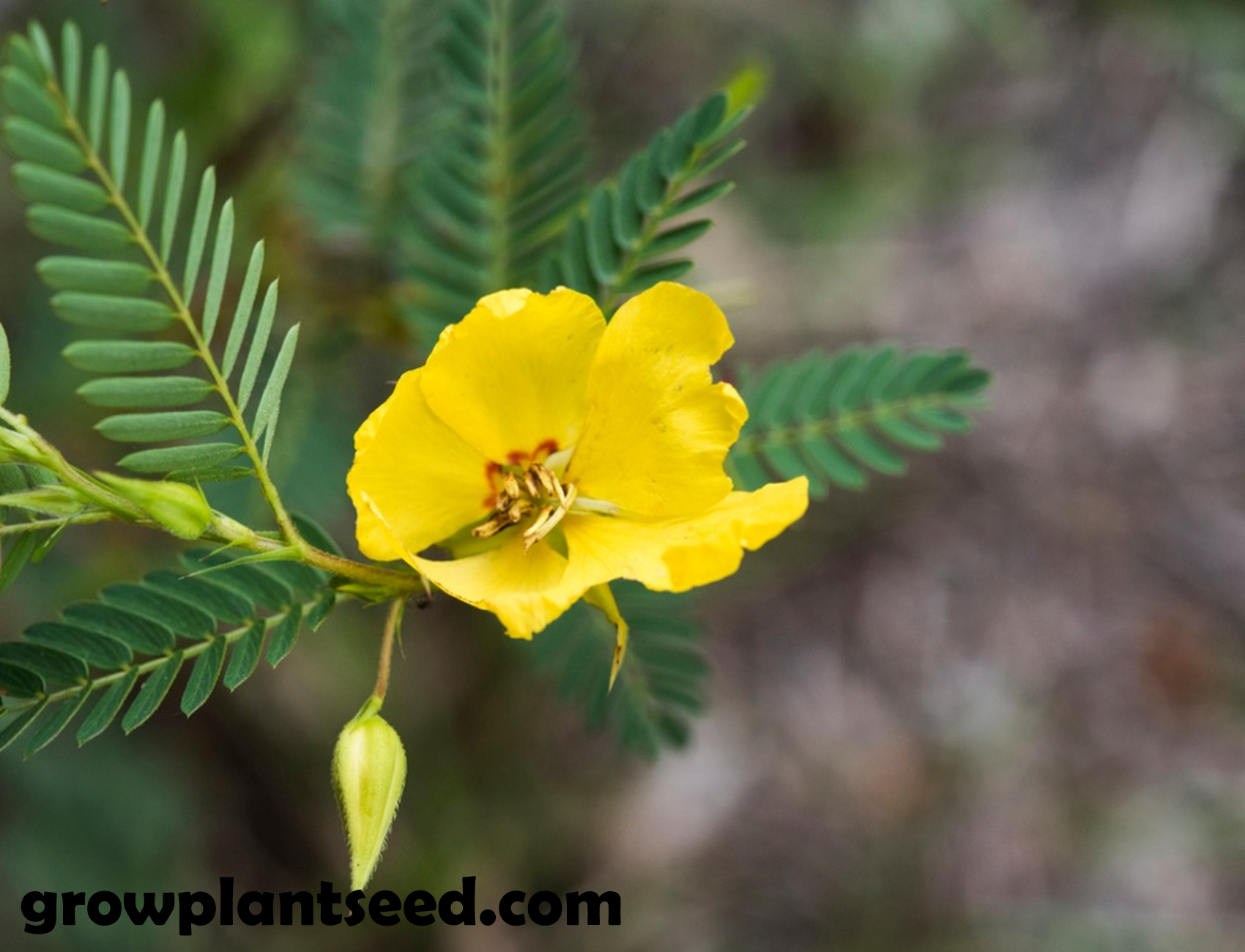Partridge pea plant is also known as
sleeping plant and they are Native to North American that grows on prairies, meadows,
riverbanks, open woodlands and sandy savannahs across much of the Eastern half
of the United States. Partridge pea plant is a member of the legume family, the
plant is a critical source of nutrition for ring-necked pheasant, quail,
prairie chickens and other grassland birds. Partridge pea plants in gardens
provide attractive, bluish-green foliage and bright yellow, nectar-rich blooms
that attract bees, songbirds and some species of butterfly. Continue reading to
learn more about partridge pea plants.
Partridge Pea plants Information
Partridge pea plants reach mature
heights of twelve to twenty-six inches. Clusters of bright yellow blooms adorn
the Partridge pea plant from midsummer to early fall. Partridge pea plant is a
drought-tolerant plant and a great groundcover and the plant is often used for
erosion control. The plant is an annual, the plant reseeds itself from year to
year and it can become somewhat aggressive. The Partridge pea plant is also
known as sensitive plant due to the delicate, feathery leaves that fold up when
you brush them with your fingers.
Growing Partridge Pea Plant
You can easily plant the partridge
pea seeds directly in the garden in fall. Otherwise, plant the partridge pea seeds
indoors a few weeks before the last expected springtime frost. Growing
partridge pea plant isn’t complicated, as the plant can tolerate poor, average
to dry soil, including gravel, sandy, clay and loam. The plant is like any other
legume, they improve the soil quality by adding nitrogen compounds.
Partridge Pea Plant Care
Once the plant is established, the
plants actually require very little care. Simply water them occasionally but also
beware of overwatering. You can deadhead wilted flowers regularly to promote
continued blooming. Also, removing spent blooms keeps the partridge pea plant
in check and prevents rampant reseeding. You can also mow over the top of the partridge
pea plants to control weeds and to remove wilted blooms. Actually fertilizer is
not necessary.



Post a Comment